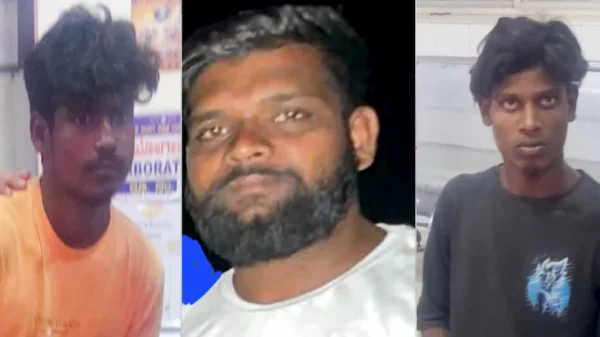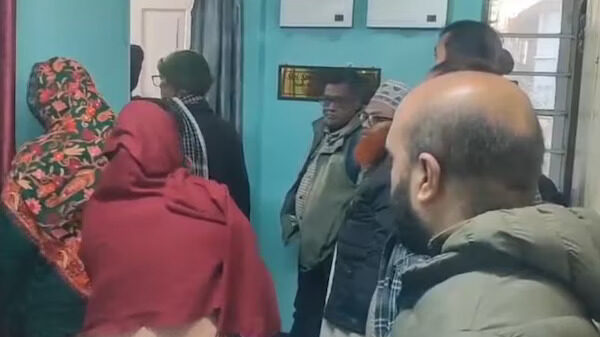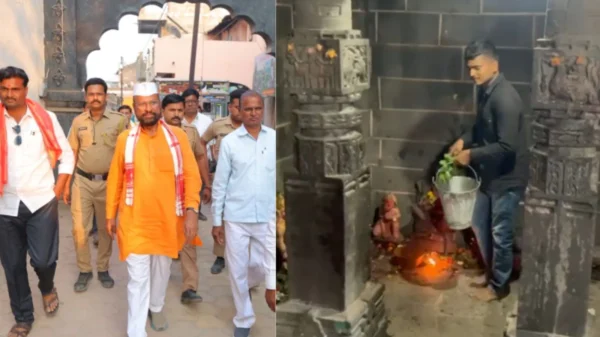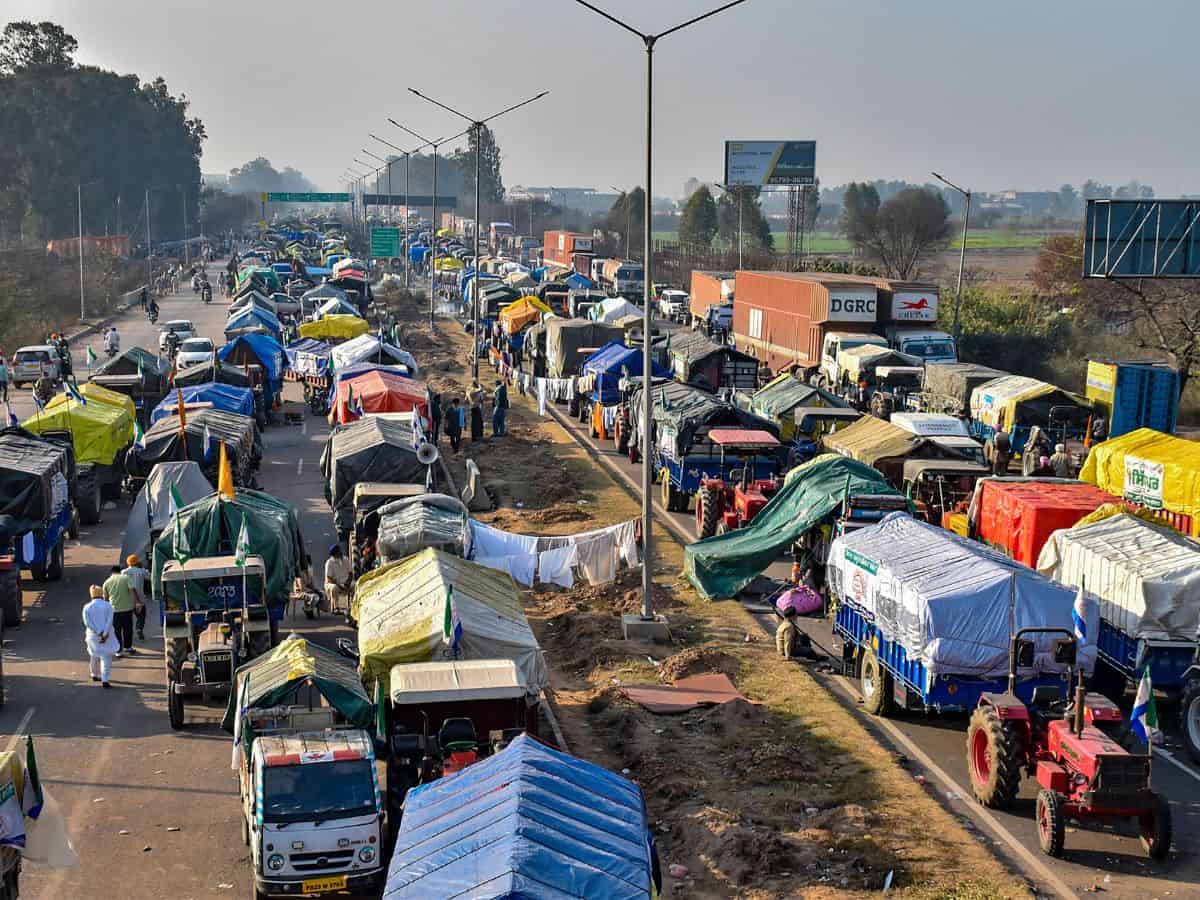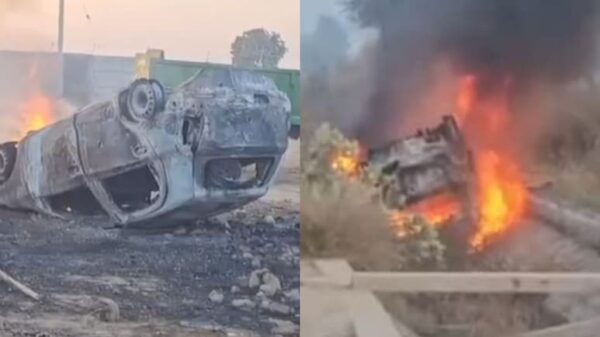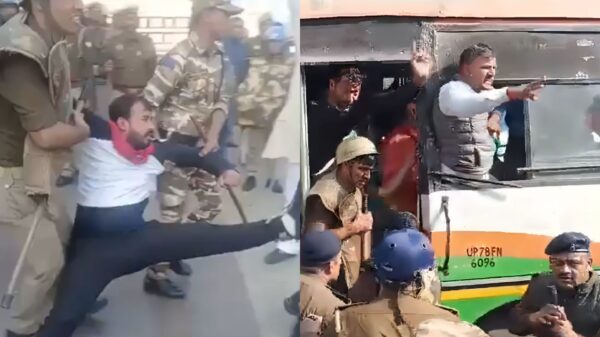The Samyukt Kisan Morcha (SKM), a coalition of farm unions spearheading the ongoing protests, launched a nationwide Bharat Bandh on Friday, citing unresolved grievances, particularly the absence of a legal guarantee for minimum support prices (MSP) for agricultural produce.
Numerous farmer organizations, including the Bharti Kisan Union (Rajewal), Bharatiya Kisan Union (Dakunda), Bharatiya Kisan Union (Lakhowal), Bharatiya Kisan Union (Qadian), and Kirti Kisan Union, have joined the bandh.
While the Gramin Bharat Bandh commenced at 6 am and will continue until 4 pm, farmers have planned a massive ‘chakka jam’ on major roads nationwide from 12 pm to 4 pm. In Punjab, most state and national highways were closed for four hours, with ‘chakka jam’ actions starting earlier than scheduled in some areas like Sangrur, Bathinda, Mansa, and Barnala.
“We will hold a ‘chakka jam’ from February 16 morning till 4 pm. Farmers from their villages will stage protests on main state and national highways in all the states of India. We have asked farmers not to deliver milk and vegetables on that day. State buses and trucks will also remain off roads. Railway unions are yet to get back to us. It will be a sort of ‘Bharat Bandh’,” said Raminder Singh Patiala, member, national coordination committee, SKM.
As part of the protests, various cultural activities such as skits, street plays, poetry, and songs will be staged to spotlight farmers’ and workers’ struggles.
However, not all sectors have embraced the bandh. The Confederation of All India Traders (CAIT) indicated that most markets remained open, with only select businesses participating in the shutdown.
“Not all businessmen of Delhi and the country are included in this Bharat Bandh. Every market is open today. It’s not completely possible to find a solution through agitation, therefore, businessmen have decided to keep themselves away (from Bandh).”
CAIT General Secretary Praveen Khandelwal urged dialogue over agitation, highlighting the need for negotiations to address farmer grievances.
Private schools in Punjab declared a holiday, although board exam schedules remained unchanged, leading to concerns over students’ transportation. The Democratic Teachers Front, Punjab, called for the postponement of exams due to potential logistical challenges.
Dr Darshan Pal, an SKM representative, announced a shutdown of villages, suspending all agricultural activities and rural works during the strike hours. The supply and purchase of essential goods were halted, while village shops, grain markets, and government offices were urged to close. Emergency services, however, were exempted from the shutdown.
With traffic disruptions expected, law enforcement agencies, particularly in Delhi and Noida, bolstered security measures and implemented traffic diversions to manage the situation. Commuters faced difficulties due to the shutdown of public transport, compounded by roadways employees’ support for the bandh.
The farmers’ demands extend beyond MSP guarantees, encompassing broader issues such as worker rights, pension schemes, labour law reforms, and social security measures.






